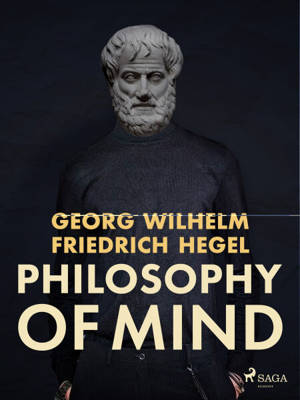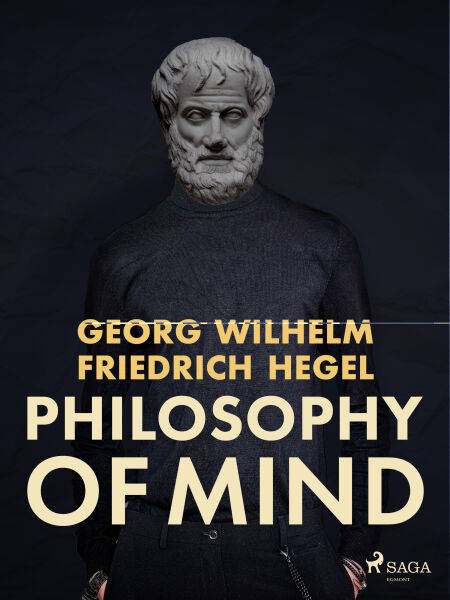
- Afhalen na 1 uur in een winkel met voorraad
- Gratis thuislevering in België vanaf € 30
- Ruim aanbod met 7 miljoen producten
- Afhalen na 1 uur in een winkel met voorraad
- Gratis thuislevering in België vanaf € 30
- Ruim aanbod met 7 miljoen producten
Zoeken
€ 1,99
+ 1 punten
Uitvoering
Omschrijving
Espousing the importance of freedom, ‘Philosophy of Mind’ is the last volume in Hegel’s ‘Encyclopaedia of Philosophical Sciences.’ He takes the reader on an existential journey, carefully analysing the roles of the spirit, mind, subjectivity, and objectivity in the pursuit of total psychological freedom. Being Hegel, there’s an insightful dip into the history of the time, making this an essential read for philosophy fans or those who want to dip their toes into these fascinating waters.
Georg Wilhelm Frederich Hegel (1770 – 1831) was a German philosopher and considered to be one of the pioneers of Western philosophy. A dedicated Idealist, Hegel developed a method of dialectic thought, which examined a variety of subjects, including history, nature, divinity, and human nature, from every possible perspective. While a devout Christian, Hegel railed against the notion of orthodoxy, instead approaching his faith from a logical and rationalistic point of view. Hegel’s influence on the world of philosophy cannot be understated and he remains one of the great thinkers of the 18th and 19th centuries.
Georg Wilhelm Frederich Hegel (1770 – 1831) was a German philosopher and considered to be one of the pioneers of Western philosophy. A dedicated Idealist, Hegel developed a method of dialectic thought, which examined a variety of subjects, including history, nature, divinity, and human nature, from every possible perspective. While a devout Christian, Hegel railed against the notion of orthodoxy, instead approaching his faith from a logical and rationalistic point of view. Hegel’s influence on the world of philosophy cannot be understated and he remains one of the great thinkers of the 18th and 19th centuries.
Specificaties
Betrokkenen
- Auteur(s):
- Vertaler(s):
- Uitgeverij:
Inhoud
- Aantal bladzijden:
- 277
- Taal:
- Engels
Eigenschappen
- Productcode (EAN):
- 9788728285367
- Verschijningsdatum:
- 16/05/2022
- Uitvoering:
- E-book
- Beveiligd met:
- Digital watermarking
- Formaat:
- ePub

Alleen bij Standaard Boekhandel
+ 1 punten op je klantenkaart van Standaard Boekhandel
Beoordelingen
We publiceren alleen reviews die voldoen aan de voorwaarden voor reviews. Bekijk onze voorwaarden voor reviews.








